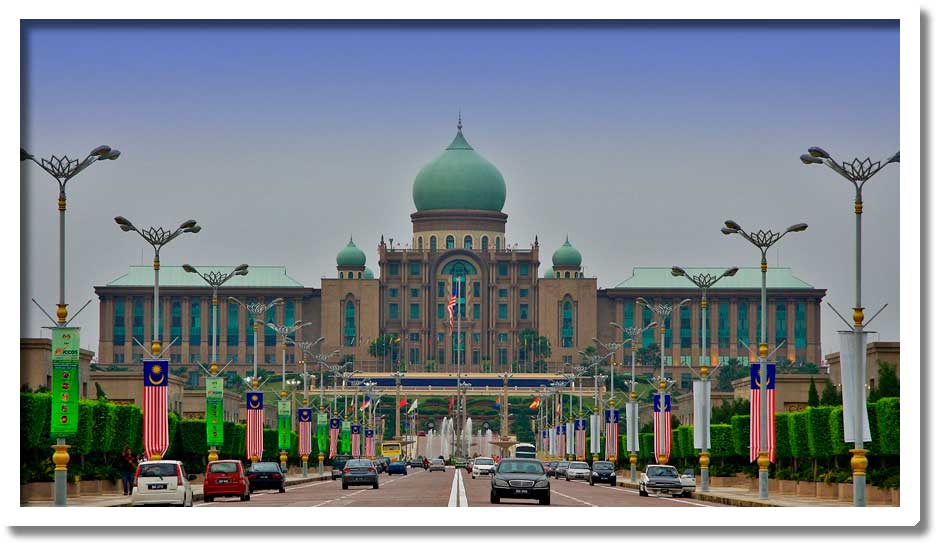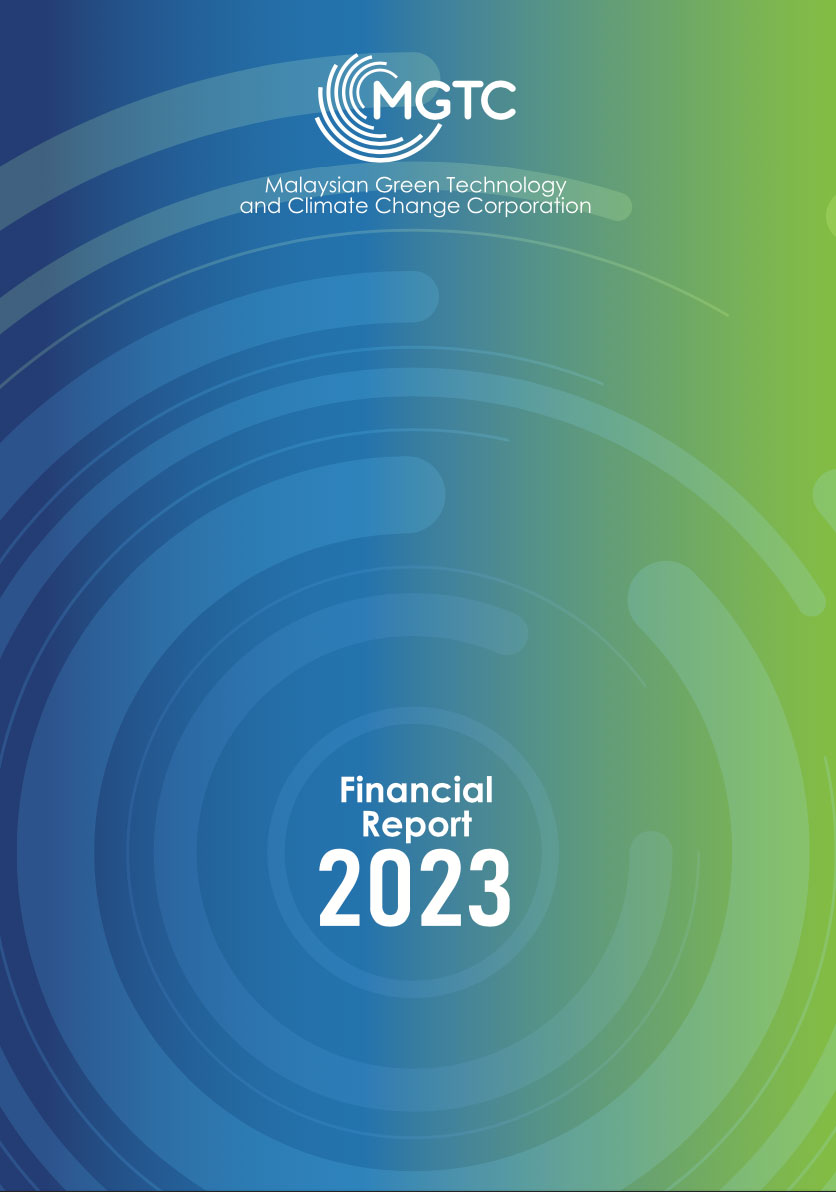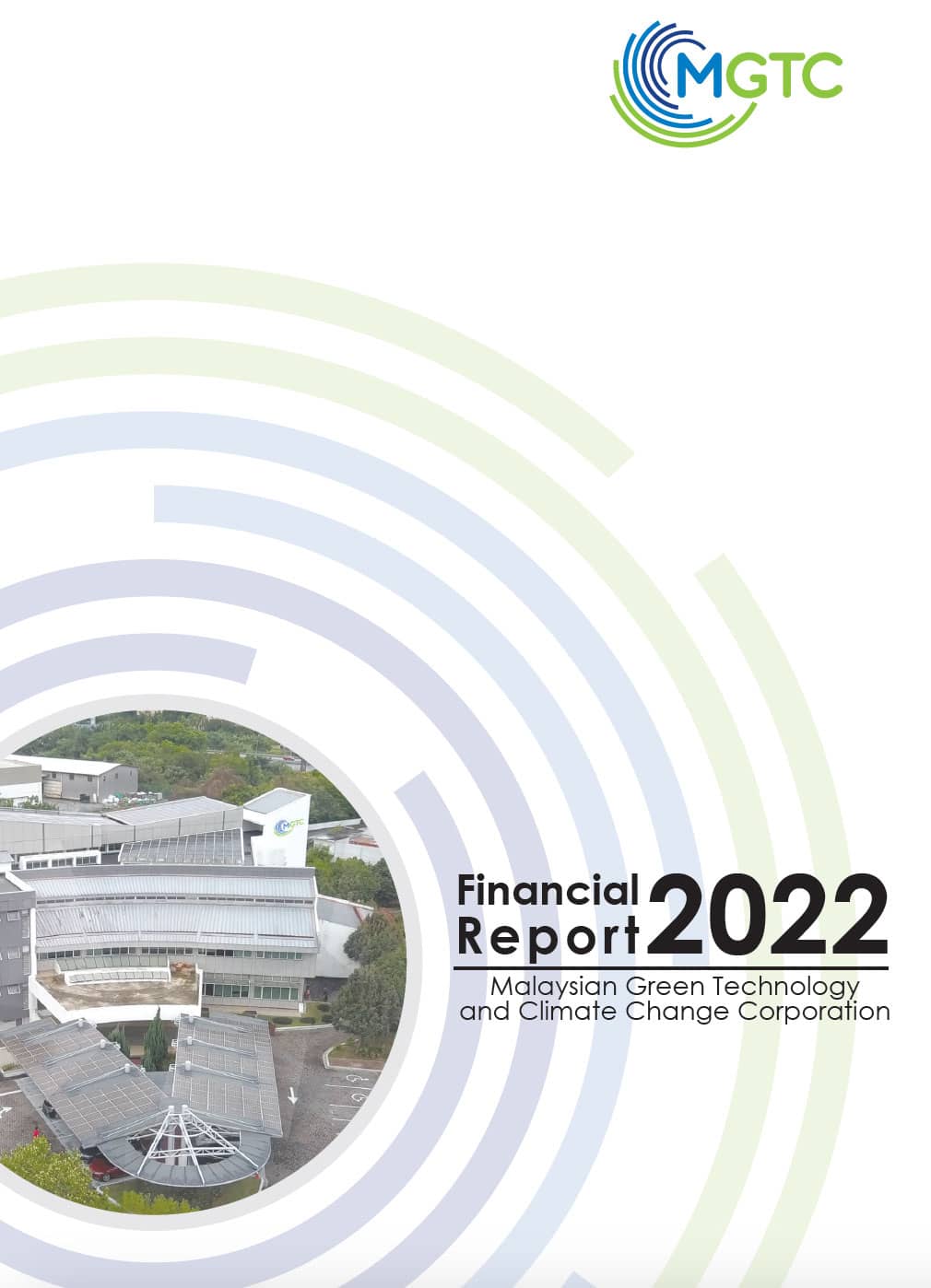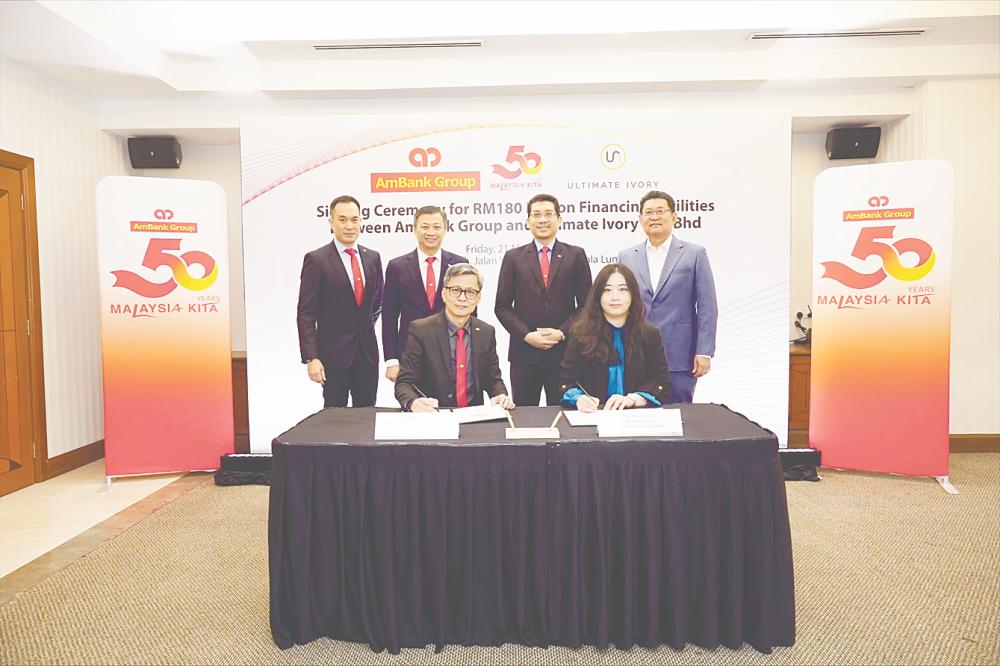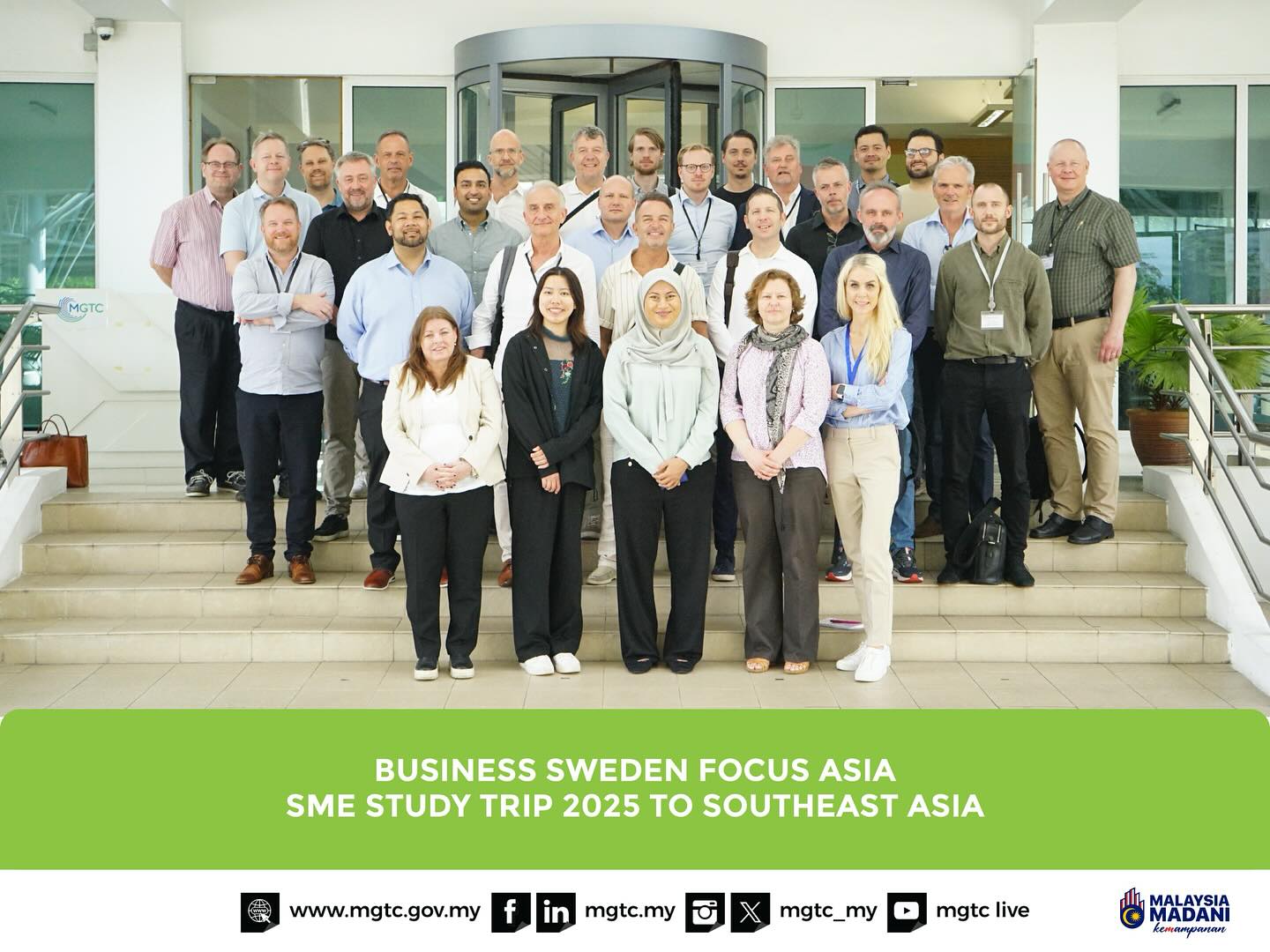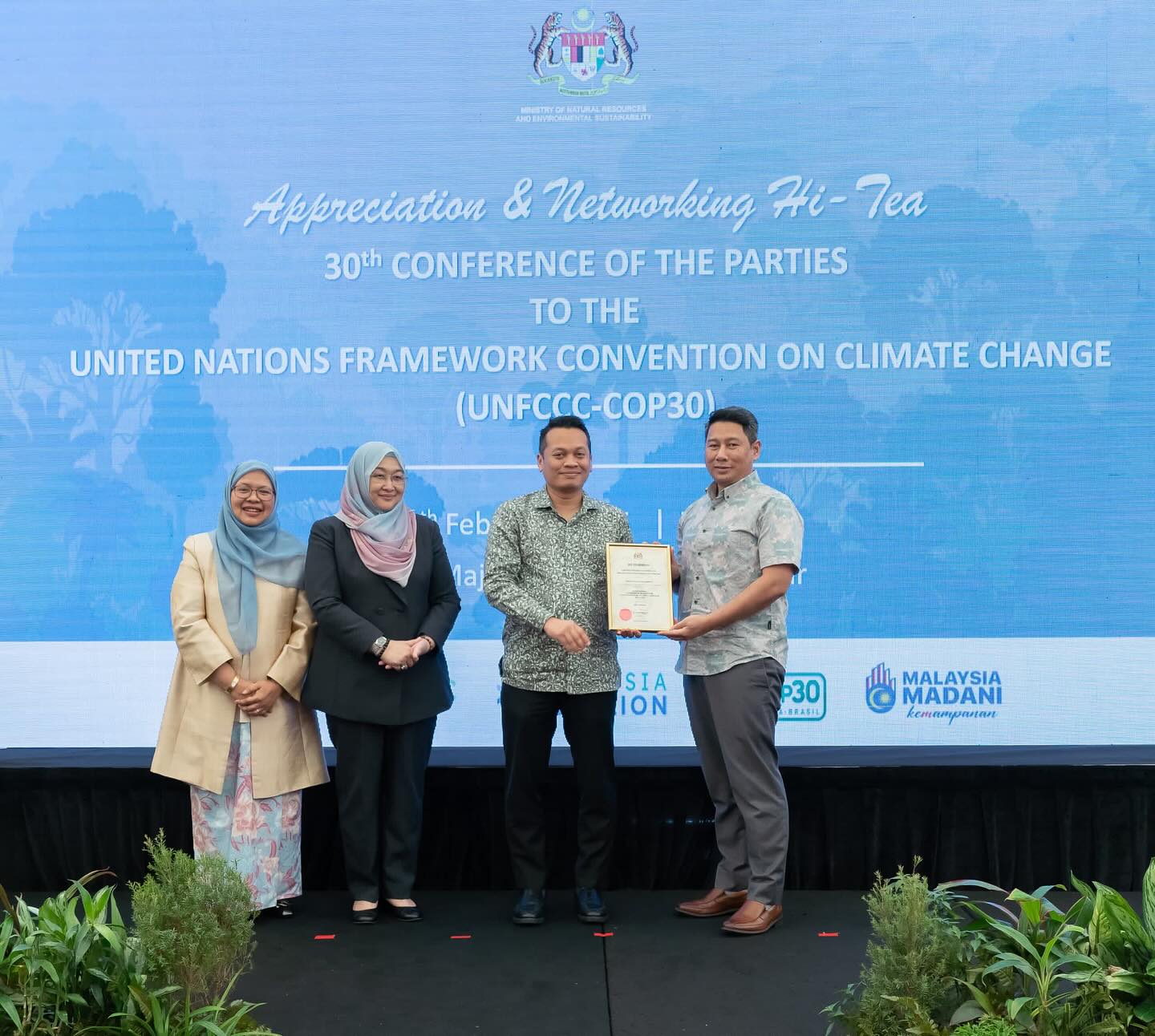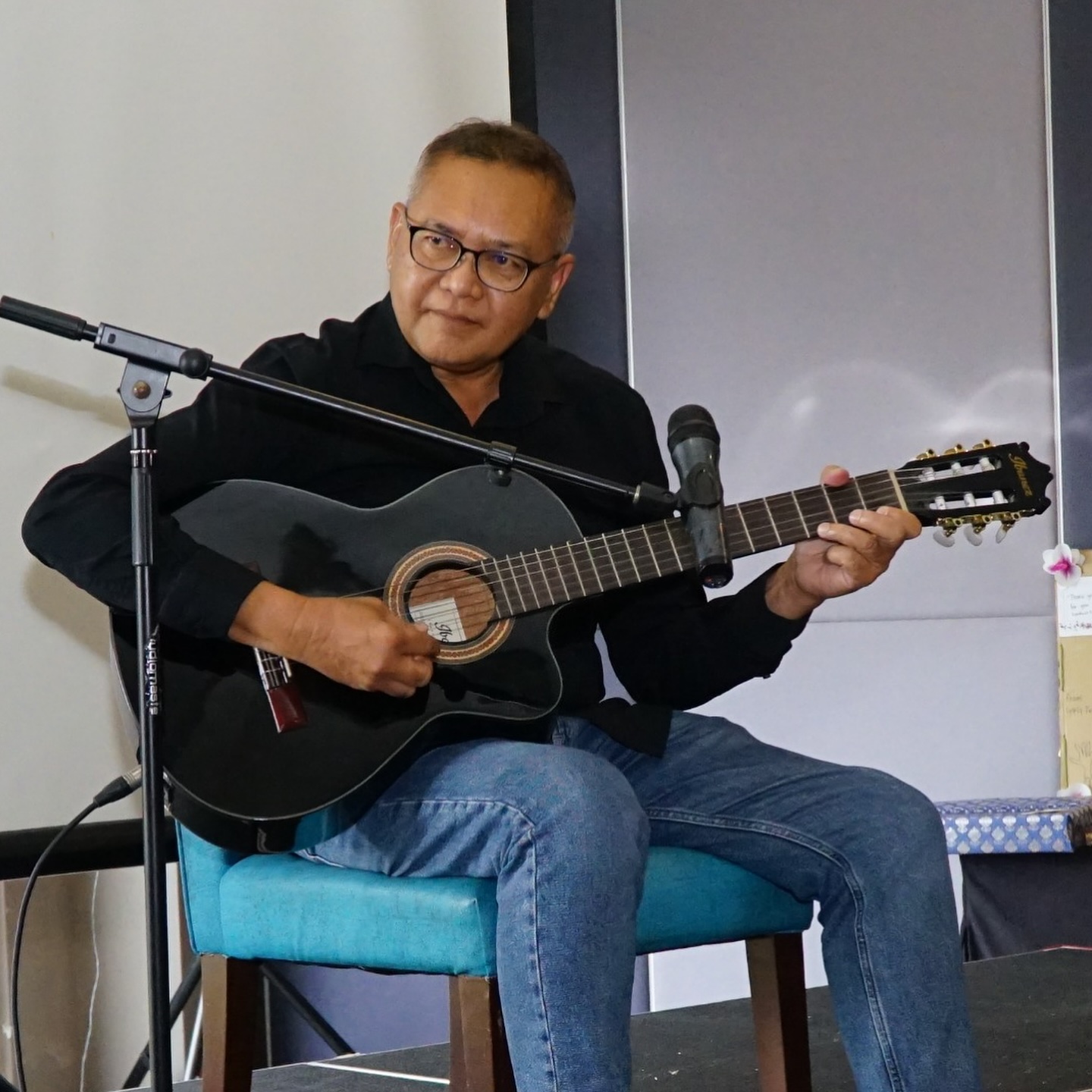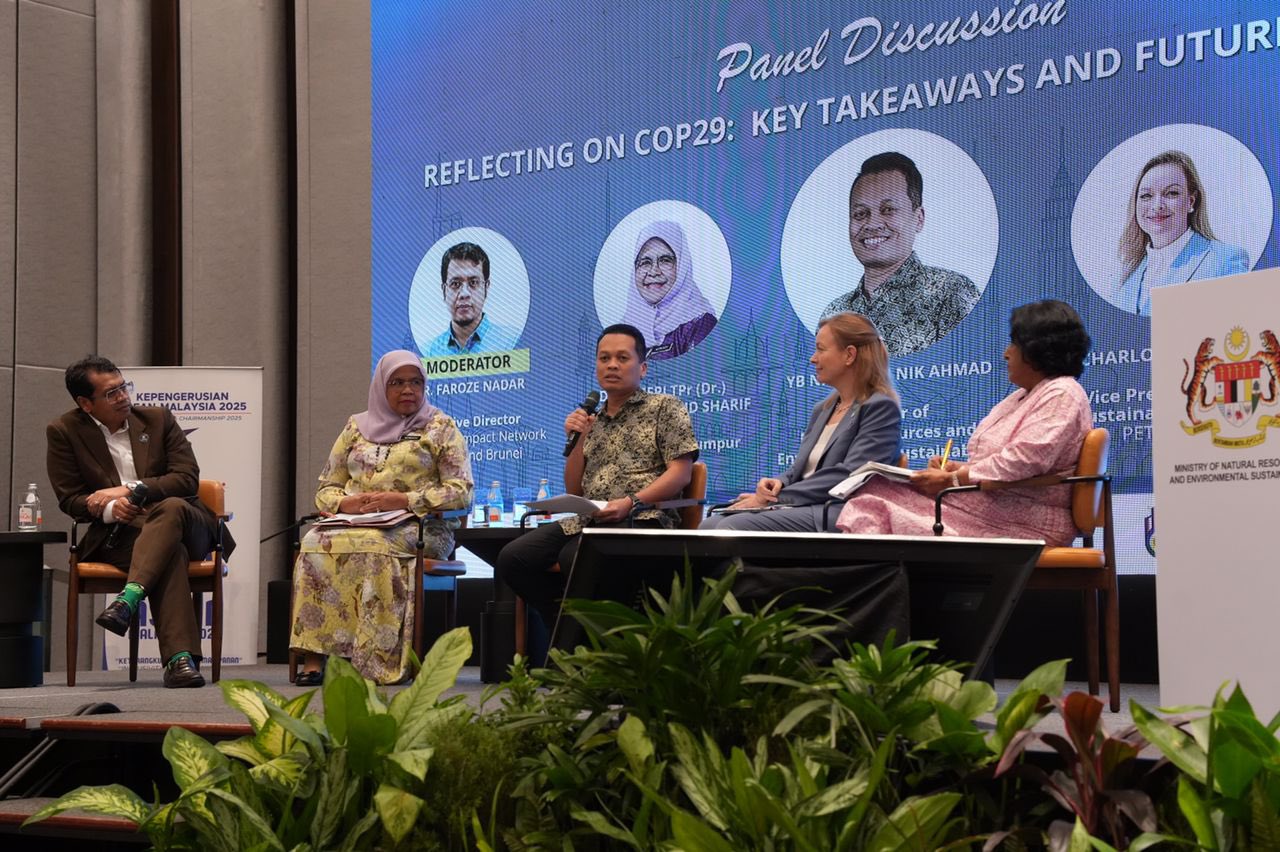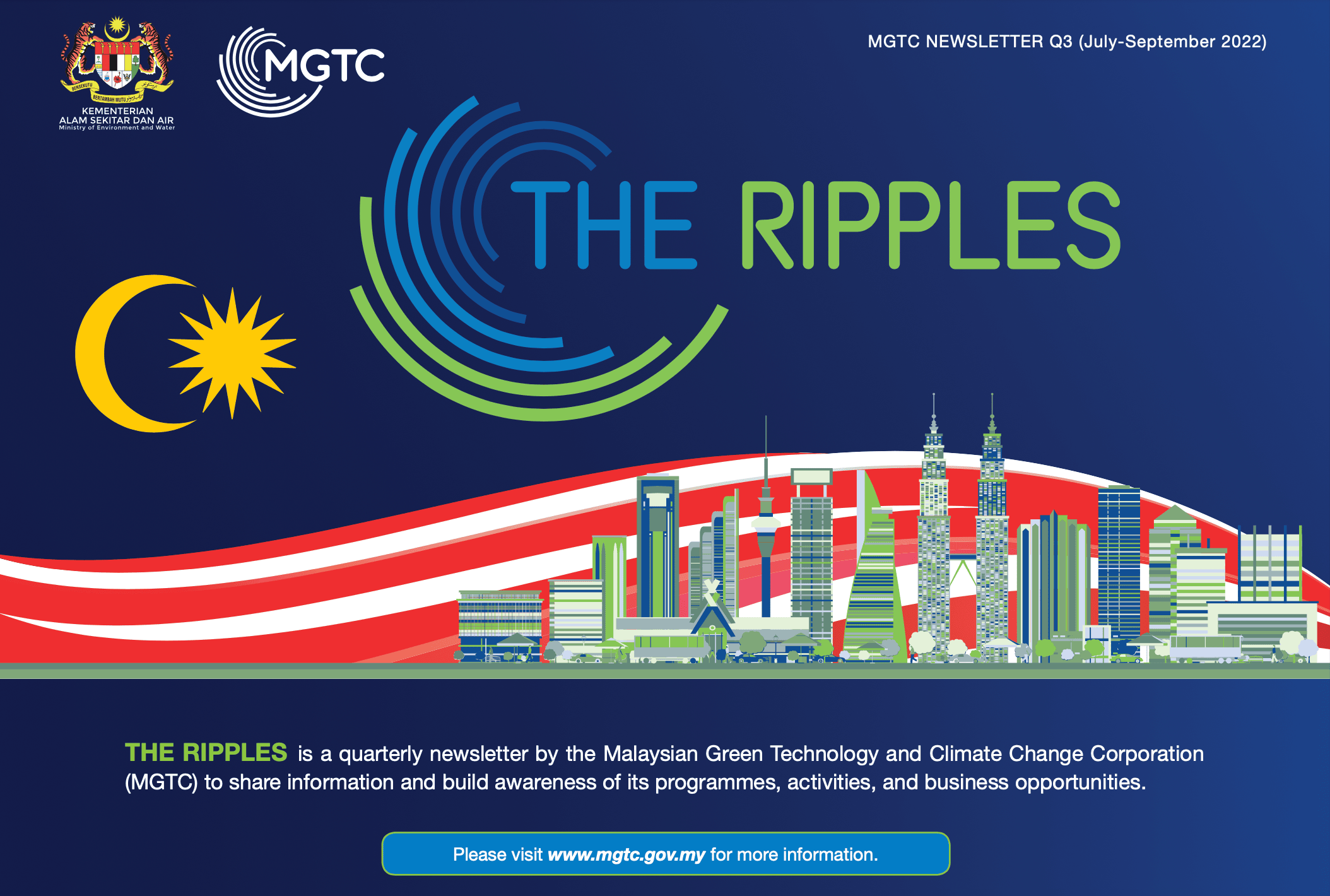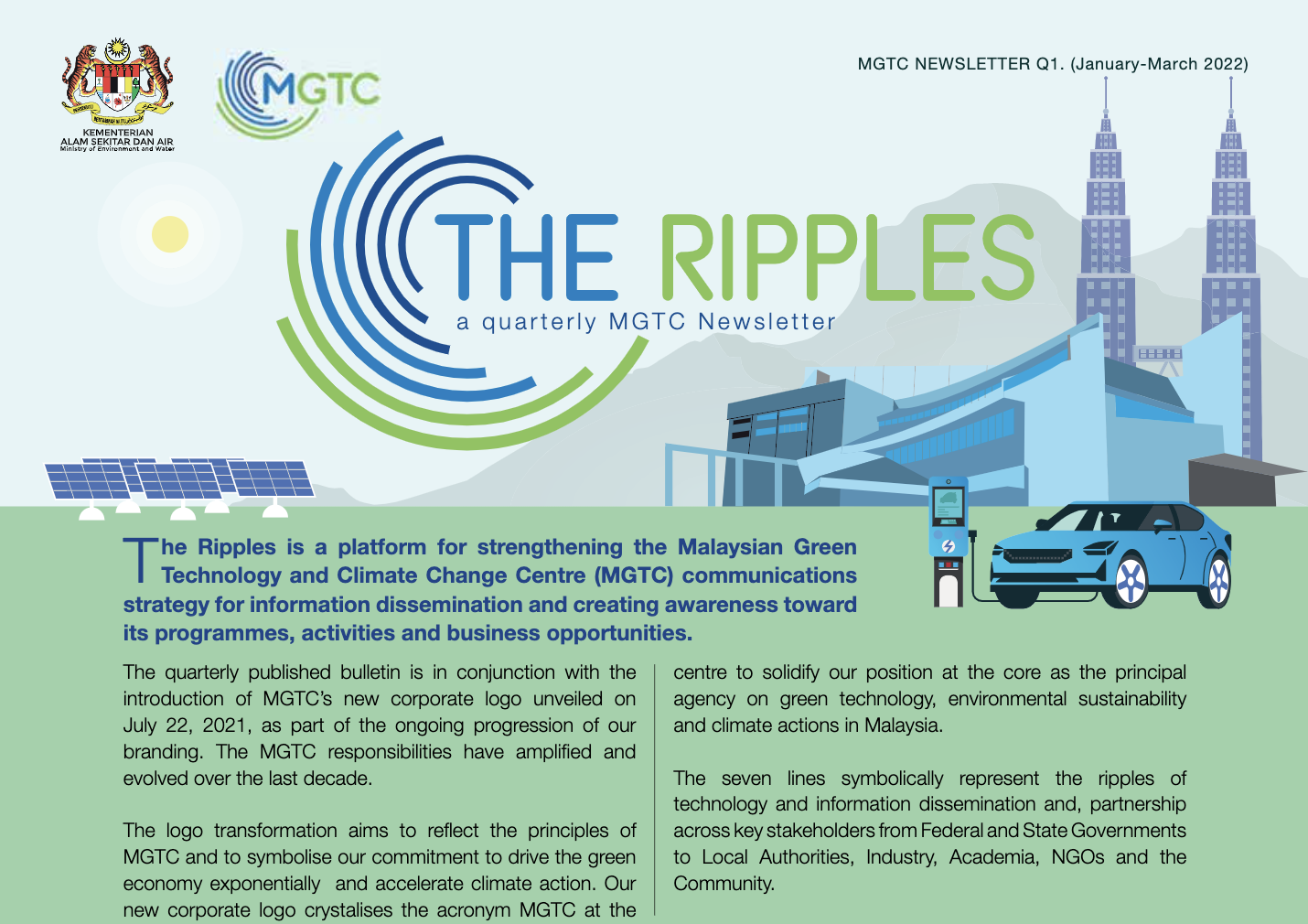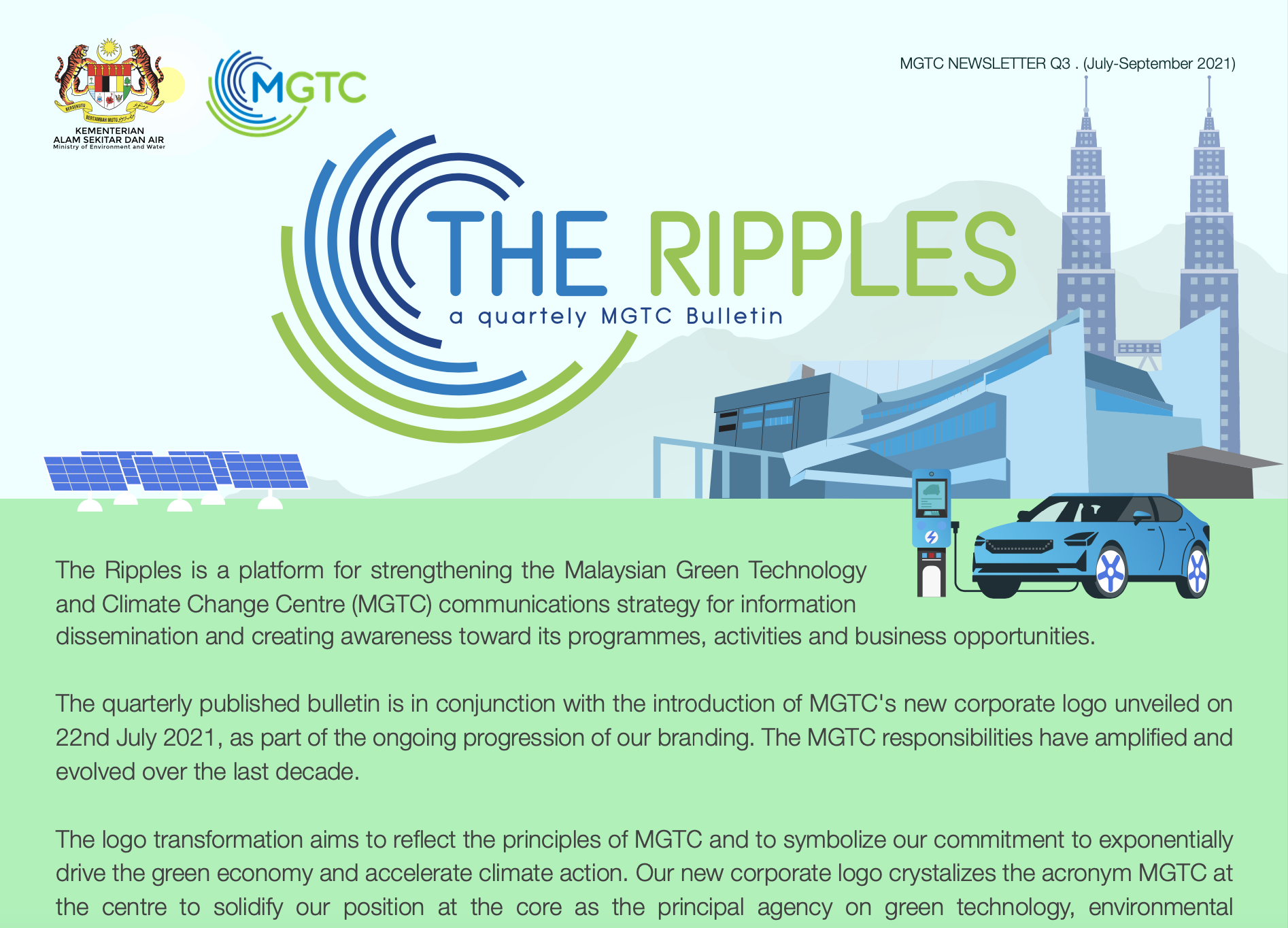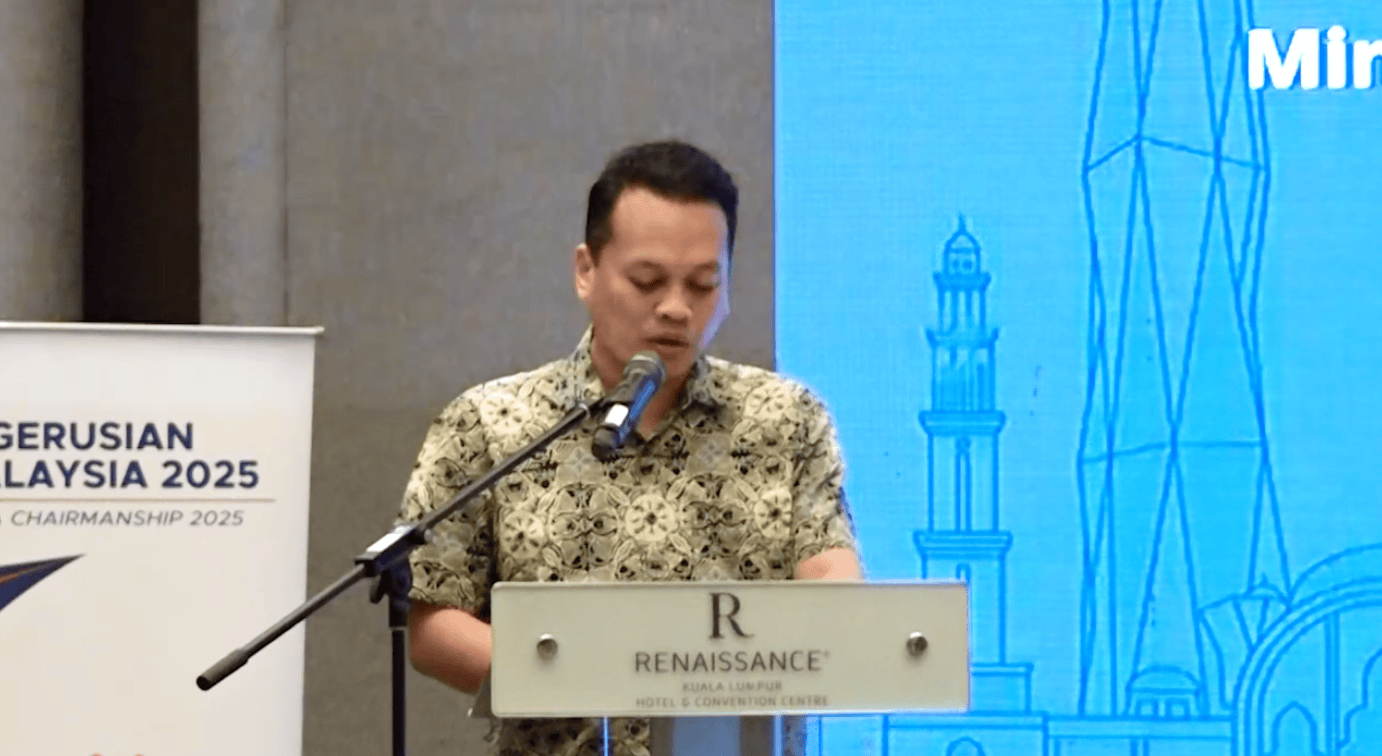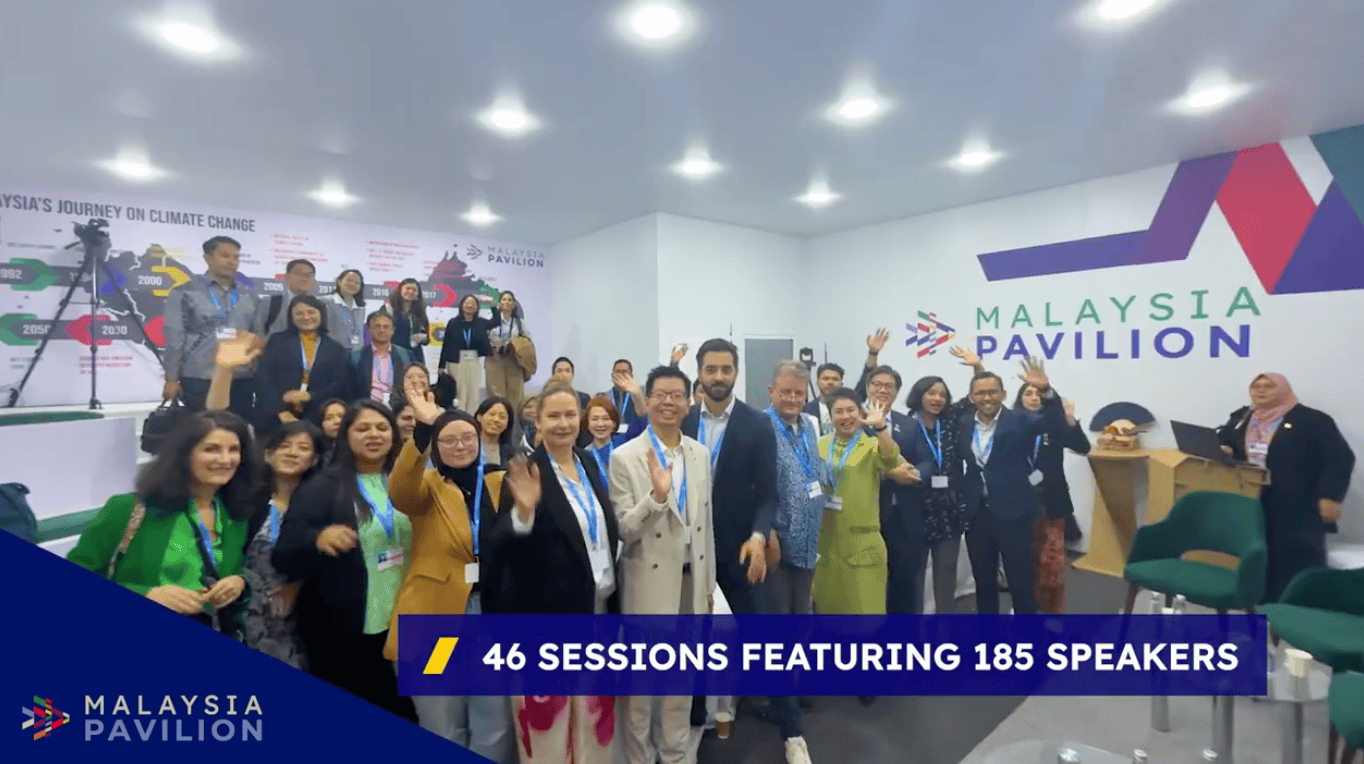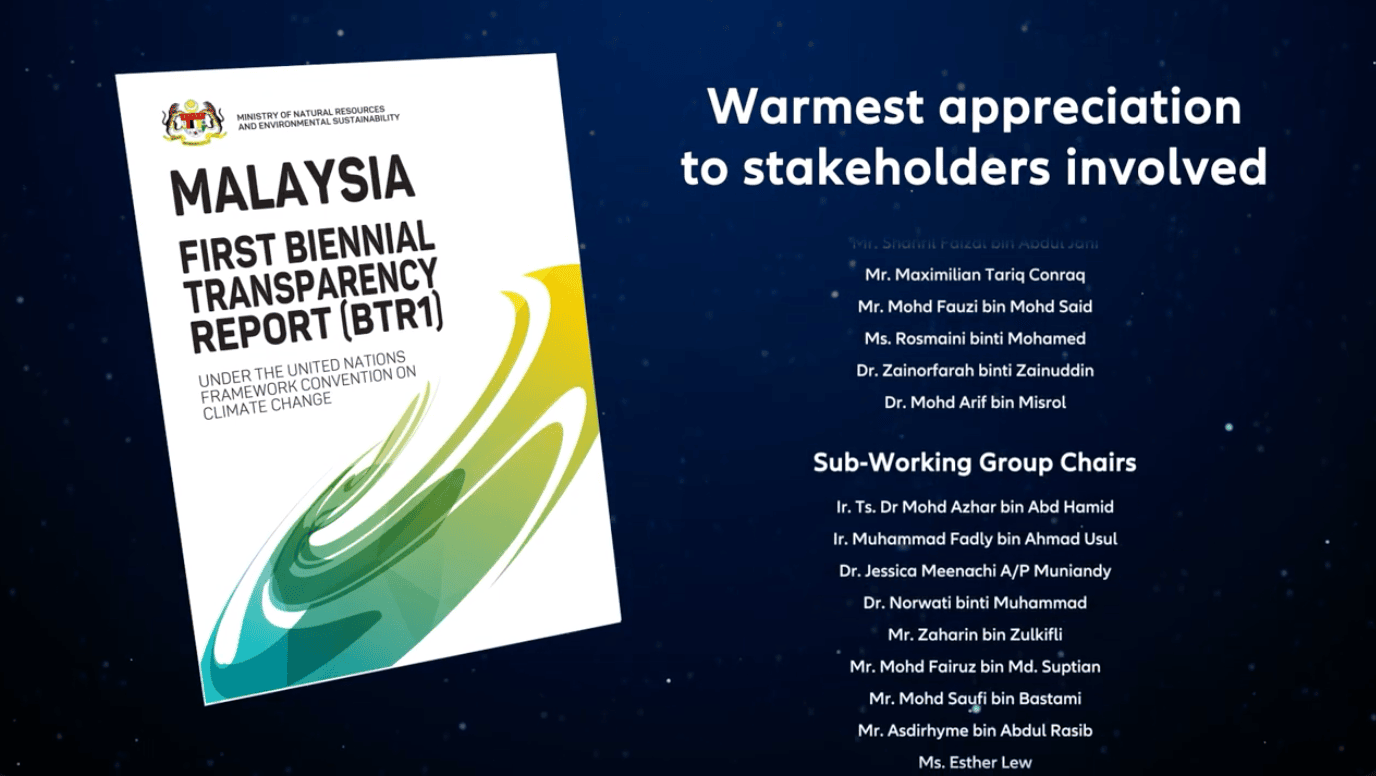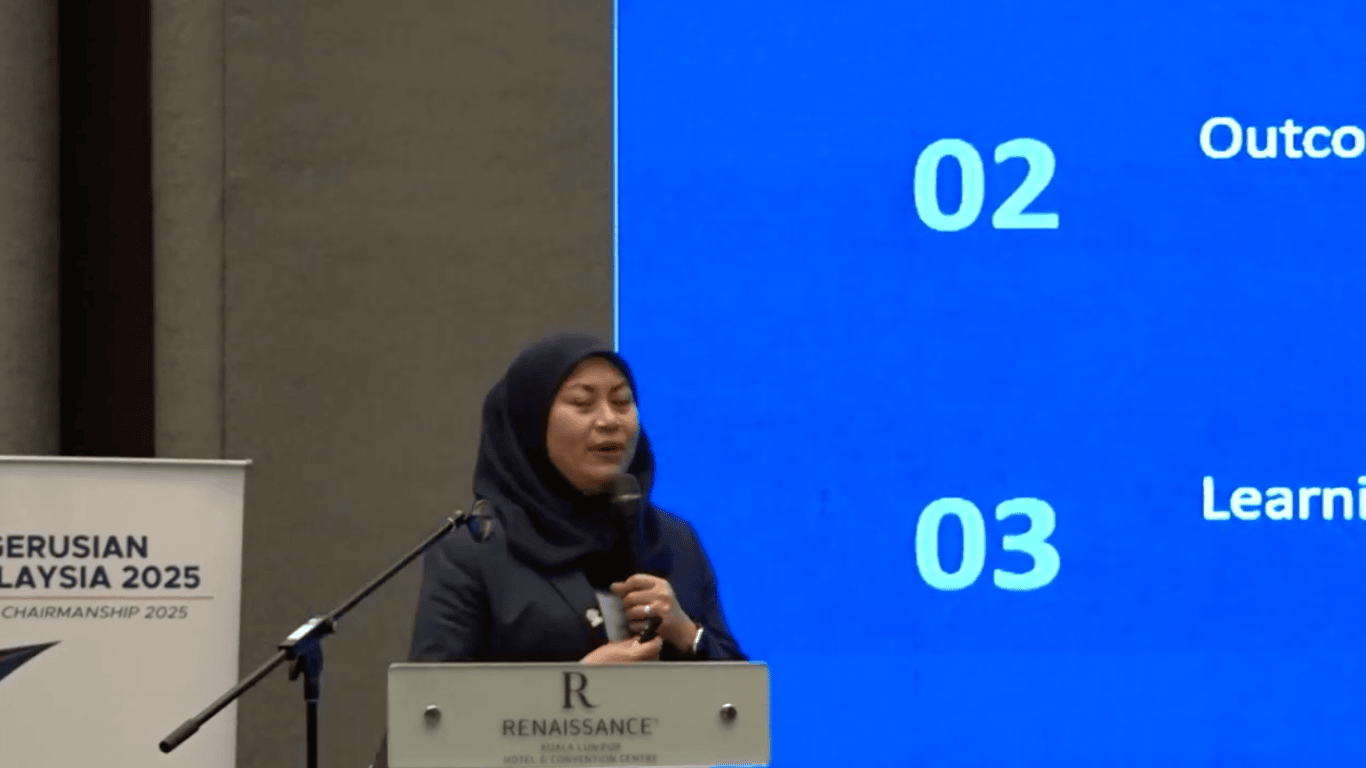![[L-R] Azwan Ahimmat, Director of Property & Finance, Mydin Malaysia; Suwan Bonma, Senior Consultant, IEN Consultants; Karyn Lim, Centre Manager, IPC Shopping Centre; Trezelene Chan, Head of Sustainability, APAC Kantar Sustainable Transformation Practice – Photo by Fuller Academy](https://www.mgtc.gov.my/storage/2024/02/CB514F4D-B9E9-45EF-800F-01D9740661BF.jpeg)
IN the wake of the pandemic and the surge in e-commerce, shopping malls have emerged as pivotal players in reshaping the retail landscape and fostering community engagement.
The transformative shift marks a departure from traditional brick-and-mortar models, highlighting the flexibility and escalating significance of malls in contemporary consumer society.
Often hailed as the pulse of Malaysia, malls now stand as vibrant hubs championing Environmental, Social and Governance (ESG) principles, paving the way for a more resilient and prosperous nation.
Fuller Academy, a platform for experiential and practical learning of ESG and sustainability skills, in collaboration with the Malaysia Shopping Malls Association (PPK Malaysia), previously hosted the “Sustainable Malls & Retail: Pioneering the ESG Frontier Seminar 2024” at Petaling Jaya’s AVANTÉ Hotel, supported by the Malaysian Green Technology and Climate Change Corporation (MGTC), Gentari and other collaborators.
Drawing in over 100 industry leaders from major malls across Malaysia, the event ignited insightful discussions on sustainable practices in the mall and retail sectors.
Expanding across five key themes—Sustainable Mall Design, Community Engagement, Green Building Certifications, Carbon Neutrality and ESG Strategy Development, the seminar featured keynote sessions, workshops and panel discussions.
Fuller Academy chief strategy officer Michelle Lee emphasised the imperative for malls to cultivate shared value with both internal and external stakeholders, including retailers and the wider community.
She underscored the shift from Corporate Social Responsibility (CSR) to a more comprehensive ESG approach in malls and retail, emphasising the need for holistic considerations of people, planet and profit within businesses.
Addressing the escalating consumer demand for accessible and affordable sustainable products, Kantar’s APAC head of sustainability Trezelene Chan said by embracing ESG principles and offering sustainable options, malls and retailers can meet consumer expectations while contributing to broader societal goals.
On the other hand, KSK Land head of sustainability Mohd Rizalman highlighted the evolution of malls into inclusive community hubs.
Through embracing diversity, supporting local businesses and prioritising ESG factors, malls enrich the community experience and foster a sense of belonging.
During a panel session, it was brought into attention that less than 1% of construction projects in Malaysia currently hold green and sustainable certifications.
While green certification remains vital, the primary goal is to raise awareness and encourage sustainable practices industry-wide.
The insight suggested that obtaining green building certification in Malaysia signifies a commitment to sustainable construction practices that extend beyond attracting consumers to the mall.
Nevertheless, MGTC senior director of operations Saiful Adib Abdul Munaff outlined eight immediate steps for malls to drive support for Malaysia’s Climate Change agenda.
The steps incorporate various government initiatives, namely the MyHijau Mark recognition scheme, Green Investment Tax Allowance (GITA), Green Technology Financing Scheme, and the Green Income Tax Exemption (GITE), among others.
As the seminar concluded, Fuller Academy anticipated the impact of the sharing to resonate within the industry, acting as a catalyst for positive change and the promotion of sustainable practices.
Sumber: The Malaysian Reserve





